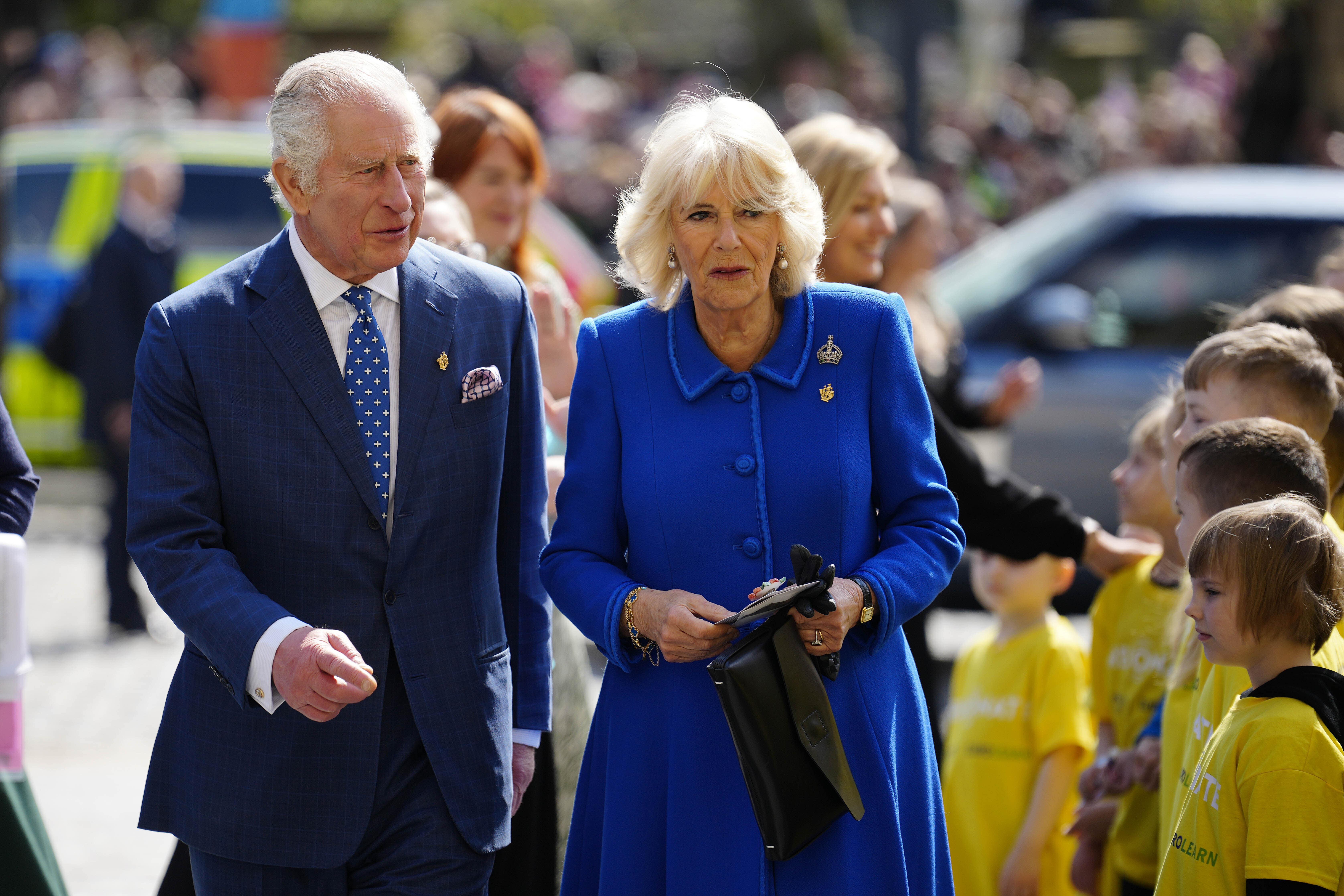Charles and Camilla’s phone calls intercepted by The Sun publisher, court told
News Group Newspapers is bringing a bid to have the Duke of Sussex’s case thrown out, along with a similar claim by actor Hugh Grant.

The phone calls of the King and Queen Consort were intercepted by the publisher of The Sun in the 1990s, the Duke of Sussex has alleged in his High Court claim against News Group Newspapers (NGN).
In documents made public on Wednesday, barrister David Sherborne, for Harry, alleged that NGN was intercepting phone calls and messages, as well as obtaining itemised phone bills of Charles and Camilla.
Mr Sherborne said: “The claimant will rely on these instances in support of the contention that the inevitable and/or intended consequence of these interceptions is that his own private information will have been intercepted as a result since his father was communicating or receiving private information about the claimant’s education, health and welfare.”
Articles allegedly published as a result between 1994 and 1995 include stories in The Sun from August 1995 with the headline “Heir to the Phone” and “The Midnight Caller”.
Harry, 38, is suing NGN over alleged unlawful information gathering at two of its titles, The Sun and the now-defunct News Of The World – claiming that his private information was unlawfully accessed.
NGN is bringing a bid to have Harry’s case thrown out, along with a similar claim by actor Hugh Grant, at a three-day hearing in London which started on Tuesday, arguing they have been brought too late.
The publisher has previously settled a number of claims since the phone hacking scandal broke in relation to The News Of The World, which closed in 2011, but has consistently denied that any unlawful information gathering took place at The Sun.
Mr Sherborne also alleged that the duke’s mother, Diana, Princess of Wales, had her calls and messages intercepted by NGN.
He claimed that articles taken from 1994 and 1995 demonstrated that NGN journalists and paparazzi working on their behalf “had inside knowledge” of where Diana was going to be.
The barrister continued: “The claimant will rely on the fact that the defendant’s newspapers described his late mother’s concerns as ‘paranoid delusions’ when the true position was that she was under close surveillance and her calls were being unlawfully intercepted by the defendant, which was known about by its editors and senior executives.”
The court also heard that in a document filed by Harry’s solicitors in January 2020, the duke said a judge could infer that his brother William had been probed by private investigators or others working on behalf of NGN.
In the document requesting details from NGN, the duke’s lawyers said that NGN had a “longstanding interest” in Harry’s life and alleged it was “regularly intercepting his voicemail messages”.
They added: “The claimant will ask the court to infer that NGN also accessed voicemail messages left by the claimant on HRH The Duke of Cambridge’s phone and HRH The Duke of Cambridge was the subject of inquiries by private investigators or other individuals working for or engaged by NGN.”
The court previously heard that William, now the Prince of Wales, has allegedly recently reached a settlement with NGN for a “huge sum of money” in 2020.
Kensington Palace declined to comment on behalf of the Prince of Wales.
Anthony Hudson KC, for NGN, told the court on Tuesday that Harry and Mr Grant have been “front and centre” of claims against the publisher over hacking and therefore could not possibly have failed to realise they had a potential damages claim much sooner.
The hearing is expected to conclude on Thursday and the judge will determine whether their claims will progress to a trial, which is due to be heard in January next year.
